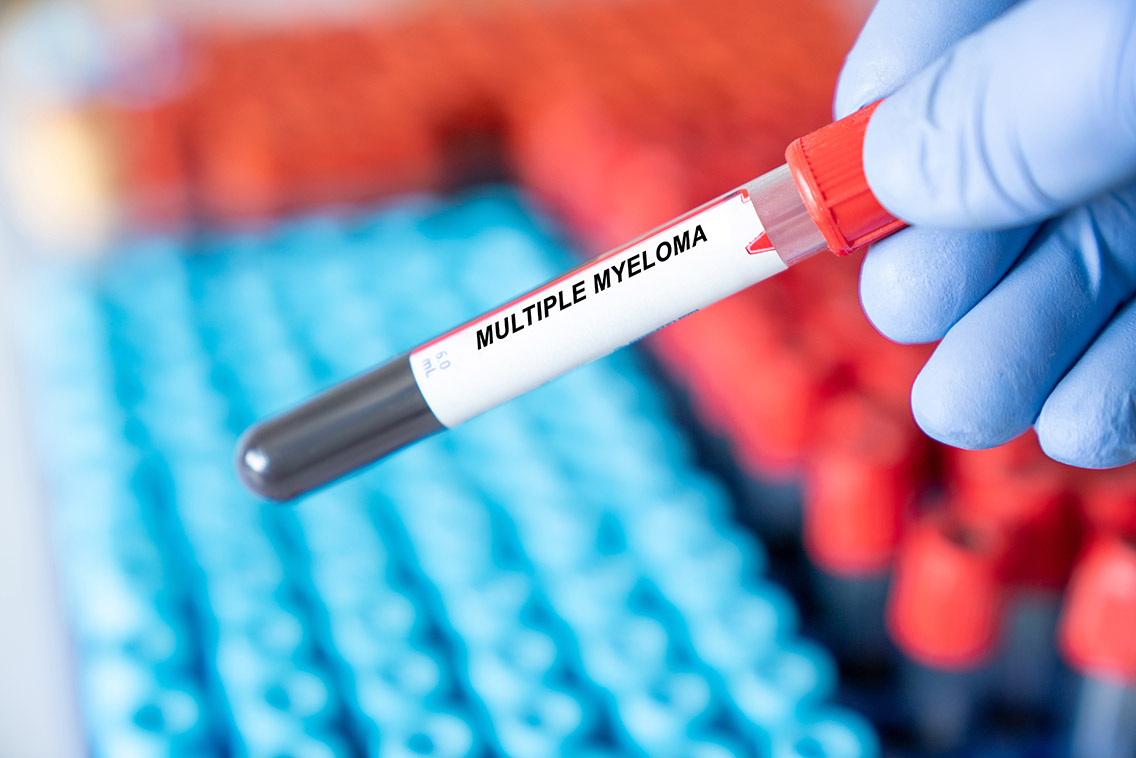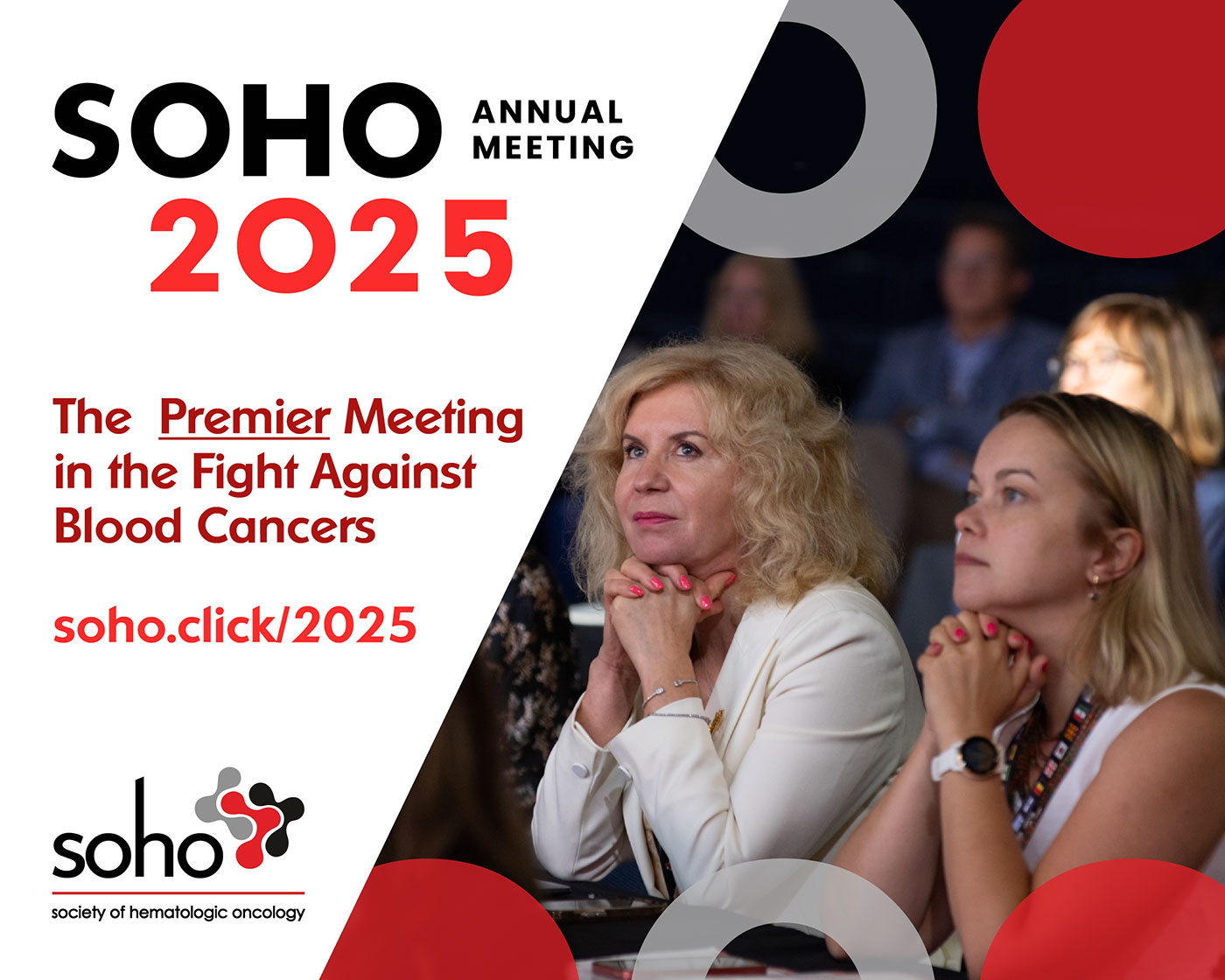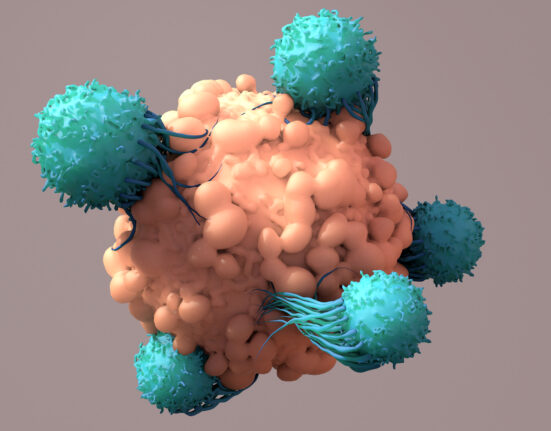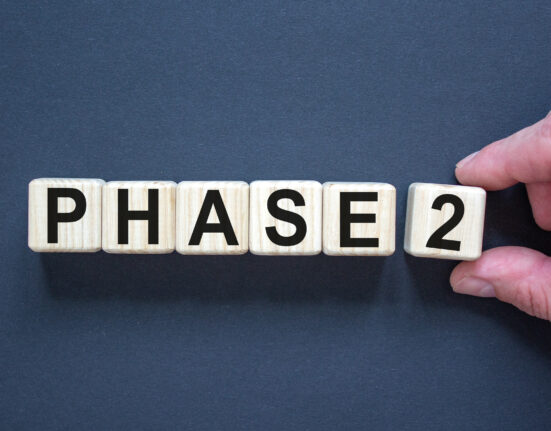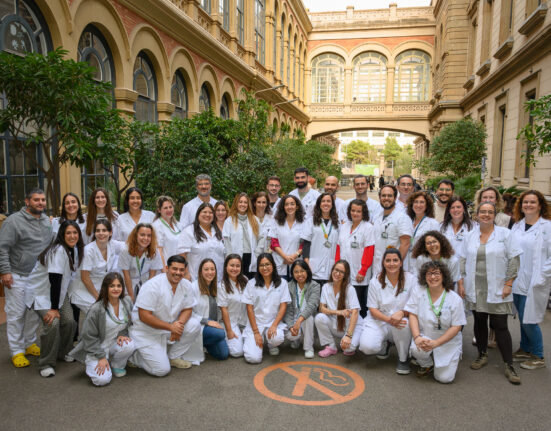A phase 3 trial has shown that the combination of belantamab mafodotin, bortezomib, and dexamethasone (BVd) had a significant benefit in terms of progression-free survival (PFS) compared with daratumumab, bortezomib, and dexamethasone (DVd) in patients with relapsed or refractory multiple myeloma who had at least one prior therapy.
“As compared with DVd therapy, BVd therapy conferred a significant benefit with respect to progression-free survival among patients who had relapsed or refractory multiple myeloma after at least one line of therapy,” the investigators, led by Vania Hungria, MD, PhD, wrote in the article published in The New England Jounral of Medicine.
The study enrolled 494 patients, with 243 randomized to BVd and 251 to DVd. After a median follow-up of 28.2 months (range, 0.1–40.0), the BVd group demonstrated a median PFS of 36.6 months, significantly surpassing the 13.4 months observed in the DVd group (HR, 0.41; 95% CI, 0.31–0.53; P<0.001). Overall survival at 18 months was also higher in the BVd group (84% vs 73%). Of the patients in the BVd arm, 25% achieved a complete response or better along with measurable residual disease (MRD)-negative status, compared with 10% in the DVd group.
Grade 3 or higher adverse events were more common in the BVd group (95% vs 78% in DVd), with ocular events reported in 79% of BVd-treated patients compared with 29% in the DVd arm.
Funding was provided by GSK.
Reference
Hungria V, Mateos MV. Belantamab mafodotin, bortezomib, and dexamethasone for multiple myeloma. N Engl J Med. 2024;391(14):1364-1365. doi:10.1056/NEJMc2410841

